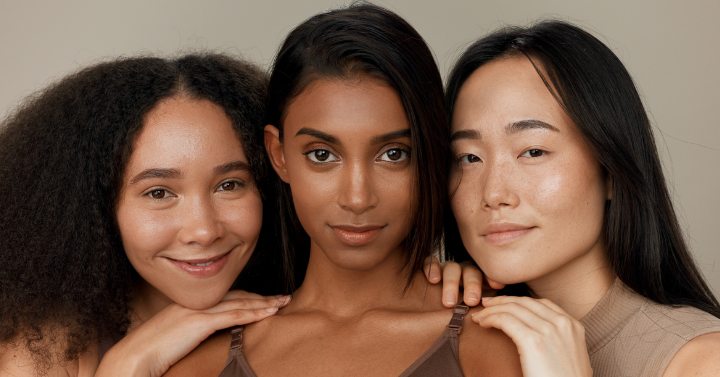As a longstanding board member of FIT’s Cosmetics and Fragrance Marketing and Management program, Kline + Company’s beauty team was pleased to attend the class of 2024 capstone research presentations. This year’s focus was on Accessible Beauty, an initiative aimed at breaking down physical, social, and economic barriers to promote inclusivity in the beauty industry.
The event emphasized the crucial role of accessibility as both a moral obligation and a valuable economic opportunity for brands. The class of 2024 stressed the importance for brands to meet diverse consumer needs with creative solutions in packaging, marketing, and messaging, underlining the increasing significance of inclusivity.
Physical Accessibility: Improvements in physical accessibility can be made by concentrating on packaging, omnichannel experiences, and marketing strategies designed for people with neuro disabilities, dexterity issues, or physical limitations. Innovations such as the CyR.U.S.™ System of Raised Universal Symbols on packaging, single twist lids, and high-contrast text greatly enhance product usability. Additionally, being authentic in marketing and brand imagery is crucial for genuine consumer connection. Brands such as Rare Beauty, which embrace universal design in packaging and ensure diverse representation in marketing, not only promote inclusivity but also broaden their market appeal.
Social Accessibility: Attention to social accessibility has prompted a deep dive into women’s health, specifically targeting hormonal life stages such as puberty, childbearing, and menopause. The notable underfunding of women’s health research, especially regarding menopause—a significant yet overlooked health state—reveals a vast opportunity for brands. Naomi Watts’ Stripes stands out as a prime example of a brand meeting women’s hormonal health needs, showcasing the potential for industry impact.
Economic Accessibility: The discussion on economic accessibility highlights the problem of “beauty deserts” in low-income areas, similar to the known issues of food and healthcare deserts. With one-third of Americans lacking access to essential services, the inability to buy basic hygiene products with The Supplemental Nutrition Assistance Program (SNAP) benefits affects self-esteem and belonging. New solutions such as vending machines, instant delivery services, and mobile stores are being considered to address this issue. Retailers that use universal design principles in product placement can enhance inclusivity, meeting needs and attracting more customers.
The excitement for upcoming innovations and advancements in making beauty more accessible to everyone highlights the industry’s commitment to inclusivity. Also, the Kline + Company team congratulates the FIT Graduate program’s class of 2024!
Want beauty and wellbeing industry updates, expert analysis, insider tips, and webinar invites in your inbox? Click here to sign up for the Kline newsletter.

